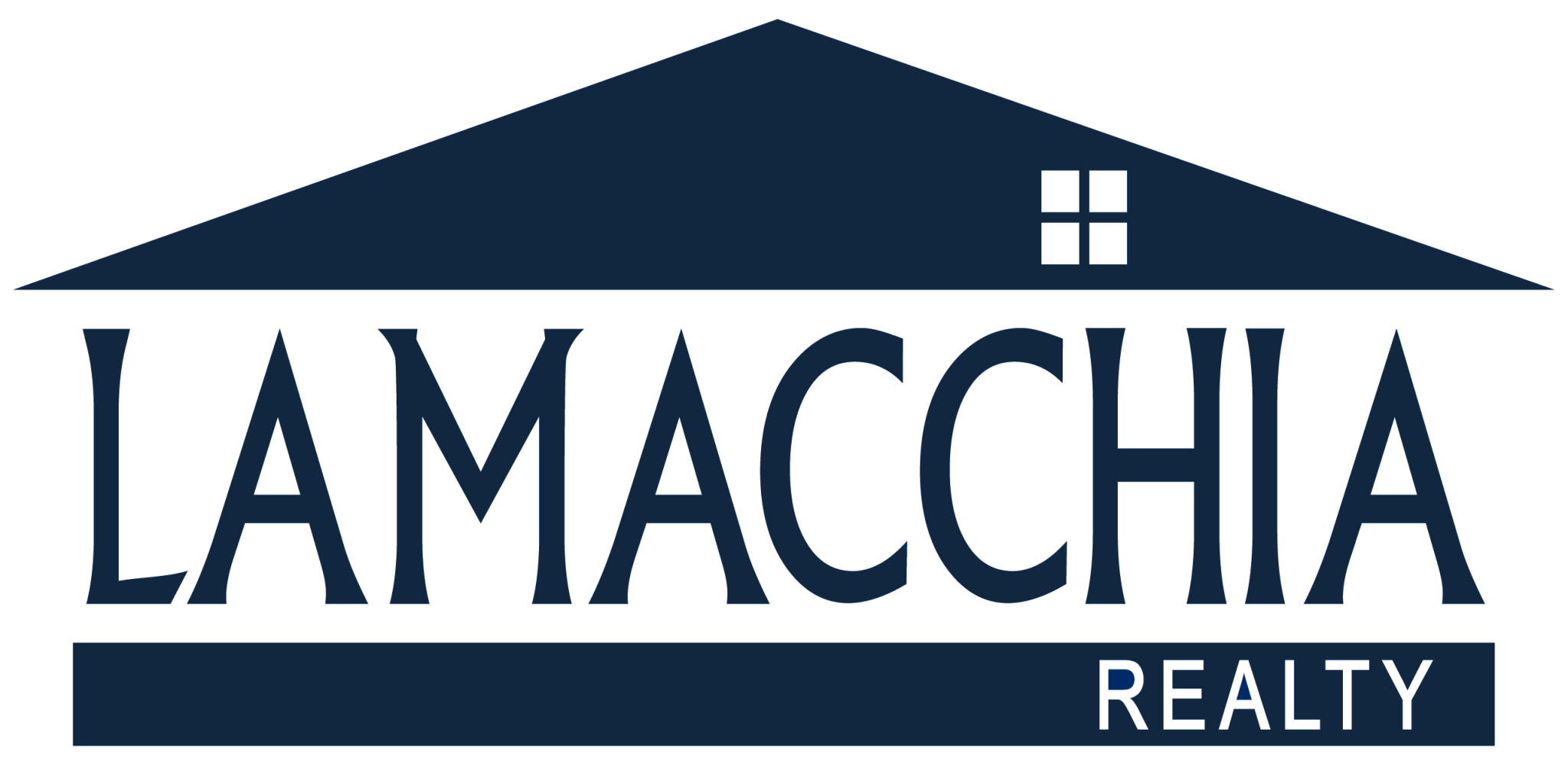
Buying your first home can be both an exciting and a daunting experience. On the one hand, you’ll be securing arguably the most important asset of your adult life, while on the other you may be opening yourself up to a new range of liabilities and costs. As with most big purchases, choosing to work with an insurance company can protect you from financial hardship, but how do you choose the right coverage?
Taking the time to compare home insurance quotes from multiple providers will give you a good idea of which insurance policies work for you, but understanding how to analyze this information can be a little difficult for new homeowners. To shed some light on this process, and help you find the right insurance coverage to suit your unique needs, below is our complete new homebuyers home insurance checklist.
What is Homeowners Insurance?
Homeowners insurance is a special type of financial coverage intended to provide protection against unexpected damage to your house and its contents. In the event of an unexpected incident like a fire, flood, break-in or natural disaster, homeowners can file a claim with their insurance company to cover the cost of repairs and to repurchase lost or stolen personal items depending on their liability coverage.
Nowadays you can purchase home insurance online, and many insurers will also cover costs associated with medical and legal expenses if guests are injured on your property, as well as cover living expenses if your home is deemed uninhabitable while repairs for a covered loss are carried out. The exact terms of your policy and coverage amounts will be dependent on factors like your insurance history, personal circumstances and the location/condition of your house.
What is Covered by Homeowners Insurance?
HO-3 policies are the most popular type of homeowners insurance in the US, as unlike most other forms of homeowners or renters insurance, they offer coverage for most incidents regardless of whether they’re named in the policy or not. HO-3 homeowners insurance policies typically offer four types of coverage:
- Dwelling coverage: This covers costs for repairing or rebuilding your home if it becomes damaged by bad weather, break-ins, vandalism, certain types of water damage, or any specific perils named in your home insurance policy. Dwelling coverage will also often cover damage to other detached structures on your property like sheds, garages, and permanently erect gazebos/conservatories.
- Personal property coverage: This covers costs for replacing personal possessions like electronics, clothing, furniture and appliances that may have been damaged during a peril, or stolen from your property. Depending on the policy, items may be replaced outright or reimbursed with actual cash.
- Additional living expenses coverage: This covers costs for finding alternative living arrangements if the current owner of a property cannot live in their home due to damages incurred from a peril.
- Liability coverage: This covers costs like medical expenses incurred as a result of someone being injured on your property, and legal costs associated with said incidents, as well as costs incurred as a result of a family member injuring another person on their property via unintentional actions.
What is NOT Covered by Homeowners Insurance?
While HO-3 homeowners insurance policies do cover most common perils, there are a few hazards that they typically don’t cover. That is unless you name them specifically under additional coverage claims.
- Wear and tear: Standard homeowners insurance policies will not cover expected wear and tear to your property like worn-out soft furnishings, faded paint or upgrades to your electrical systems.
- Sewage and drainage issues: Damages related to backed up sewage, drainage and septic tank systems will not usually be covered by your home insurance policy unless specifically requested.
- Specific natural disasters: Dedicated sinkhole, earthquake, landslide or flood insurance policies will need to be bought if you want to make sure you’re adequately insured against specific perils.
- Losses above liability limits: Most home insurance policies will set liability limits for expensive personal property like electronics and jewelry lower than the item’s full value, though you can usually pay to raise these limits if you want to make sure certain items are reasonably protected.
Understanding Home Insurance Premiums and Quotes
Home insurance quotes are essentially an estimate of how much you should expect to pay per year to keep your insurance policy active. Insurance premiums, the representation of this expense, are based on unique risk factors associated with your circumstances and the condition/location of your property.
Important factors to consider before you purchase insurance as a new homeowner include the following:
- The location of your home: Insurance costs take into account common risks in any given area. If you live in a high-risk flood zone, a location that sees regular wind damage or in a city with a high crime rate, it’s likely that your home insurance premiums will be higher than the national average.
- The condition of your home: The age of your home, whether it’s had recent home improvements, and whether you have a security system in place are all factors that can impact insurance rates.
- Extra features of your home: Some additional features like pools, trampolines and gym equipment are viewed as high-risk by insurance companies and may cause them to raise insurance premiums.
- Required coverage amounts: The more coverage you request, the more of a liability you become to an insurance company, so weigh up your options before requesting any special coverage plans.
- Desired deductible amounts: Your deductible is the amount you’ll pay for damages before your insurance policy provides compensation. A higher deductible means lower premiums, which can help you save money if you’re unlikely to make claims, but can be a risk if serious damages occur.
- Your personal credit history: Insurance companies will review your credit history to assess your ability to make payments on time. The higher your credit score, the less of a liability you’ll be seen as in the eyes of the insurance company, typically leading to significantly lower premiums.
If you’re considering off-market properties, it’s crucial to factor in potential additional insurance costs or considerations that may arise due to the unique nature of these properties.
What Information Do I Need to Complete a Home Insurance Quote?
You’ll need to provide insurance companies with some key details to help them generate a reasonable quote. The more information you provide, the easier this process will be, so gather the following details.
Personal information
- Your full name
- Date of birth
- Marital status
- Contact details
Property information
- Your full address
- Primary residence status
- The year your home was built
- Copy of current building codes
- Total square footage
- Number of stories, bedrooms and residents
- Number of detached structures
- Home inventory
- Mortgage status
Safety and security information
- Inventory of security systems
- Presence of deadbolt locks on doors
- Presence of fire extinguishers and sprinkler systems
- Presence of fire, smoke and burglar alarms
- Location of the nearest fire station
Insurance information
- The property’s insurance loss history report
- Your insurance claims history
- Details about previously purchased insurance products
- Dates when you last had coverage (if applicable)
Additional coverage information
- Extended coverage for high-end personal property like computers and jewelry
- Flood Insurance
- Earthquake insurance
- Umbrella liability policy terms for wider medical, legal and defense costs
- Your highest deductible limit
Best Practices Before Contacting an Insurance Company
The final things to tick off on your homeowners’ insurance checklist involve reviewing your property and ensuring you have good answers to the questions your insurance agent is likely to ask. Take the time to run through the following processes and best practices to improve your chances of getting a fair quote
Check your Home’s Loss History Report
Ask the previous owner of the property for a copy of your new home’s loss history report, a document that will provide information about all insurance claims that have been previously made on the building.
Common examples of reputable loss history reports that will be accepted by most providers include a Comprehensive Loss Underwriting Exchange (CLUE) report or an ISO A-PLUS insurance history report.
Book a Professional House Inspection
A professional house inspector will be able to identify the same problems as an insurance agent will, so you can get ahead of any potential issues by having an inspection performed prior to requesting a quote.
Make sure your chosen house inspector:
- Assesses the overall condition of your home
- Checks for water damage and pest infestations
- Reviews your septic tank, heating and electrical systems
- Checks past damages have been properly repaired
- Highlights spots where future problems may develop
Calculate Expected Maintenance Costs
As previously mentioned, any losses related to normal wear and tear will not be covered by a standard policy, so it’s wise to calculate your expected maintenance costs before trying to insure your new home.
Think about continuous expenses like HVAC maintenance, roof cleaning, and landscaping, and set aside a little extra money to cover unexpected costs. Factor in your total expected maintenance costs when working out a reasonable budget for your homeowners’ insurance policy.
Need Help Finding Insurance Providers? Contact Me Today!
As an expert and reliable REALTOS® with Lamacchia Realty, I have extensive experience in helping first-time buyers and veterans of the market alike find their dream homes! Contact me for my preferred list of home insurance providers. Wherever you are in your home-buying journey, I will guide you to your success!
**Lamacchia Realty, Inc. is not a licensed insurance agency. The information on this website is for illustrative and educational purposes only and is not intended as an offer or solicitation for any insurance product or any financial instrument. Consult with a licensed insurance agent for specific insurance products and for more information about underwriting guidelines, rates, and other requirements you may need to meet to qualify for an insurance policy. **
